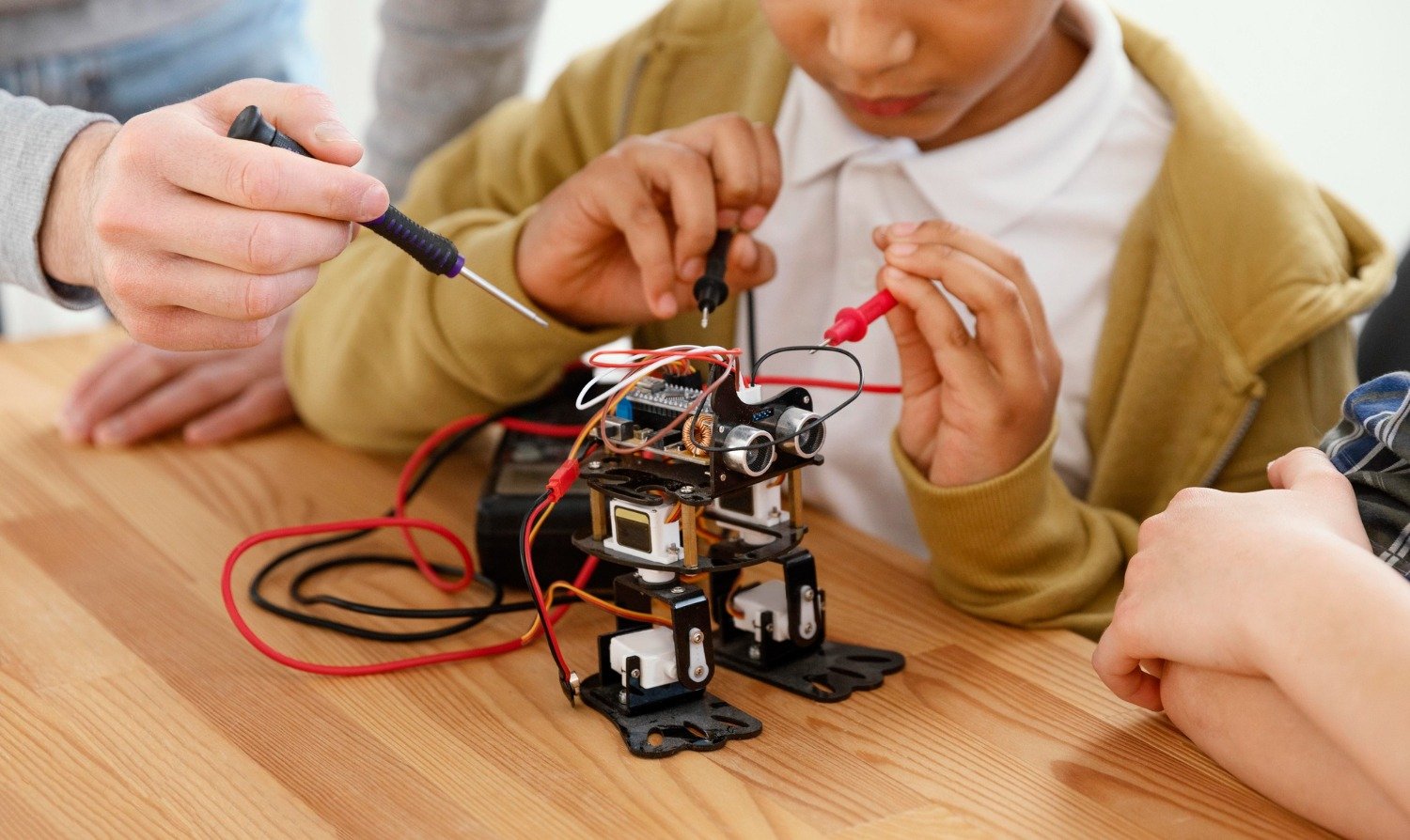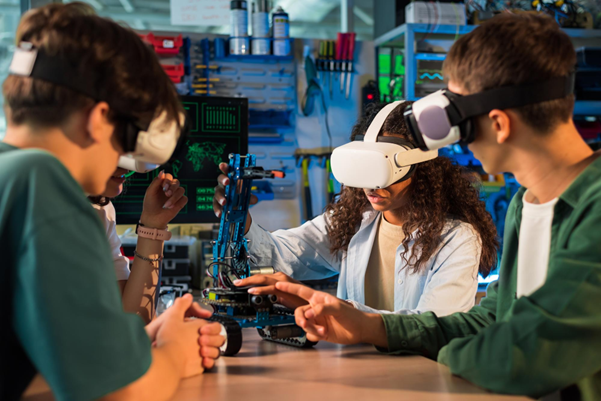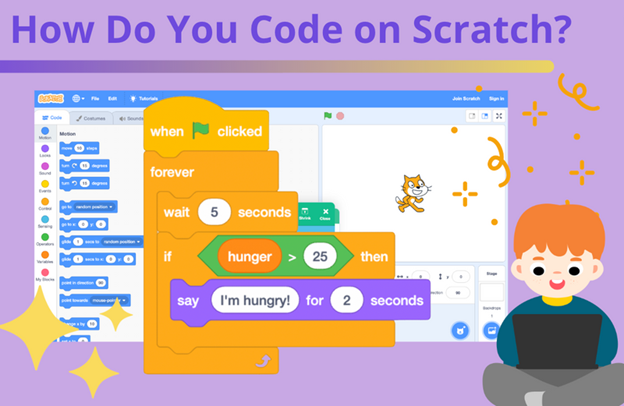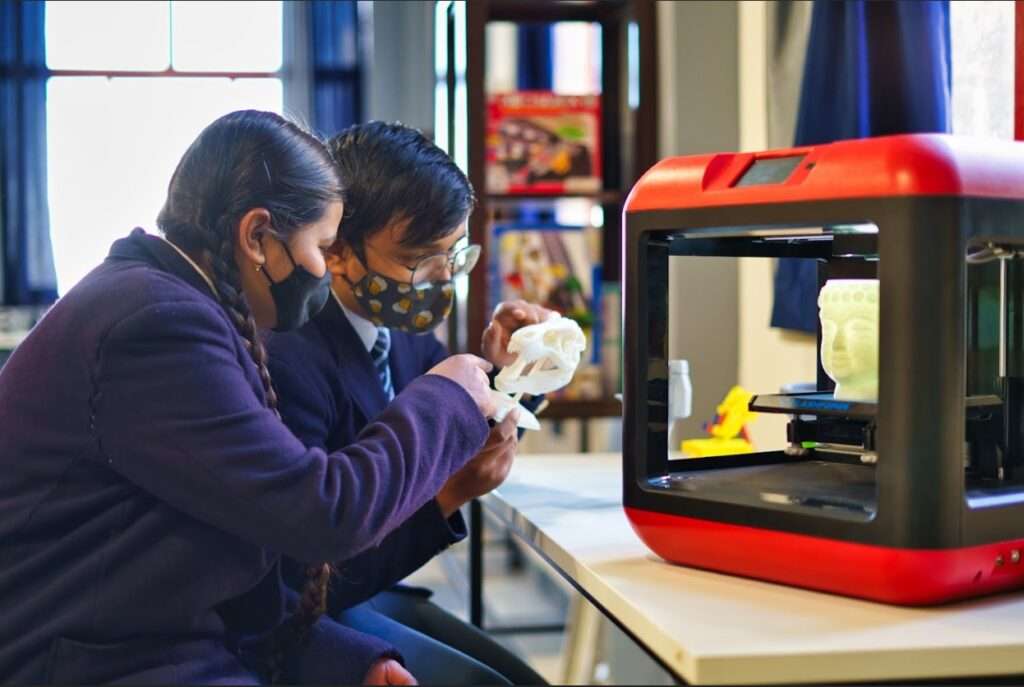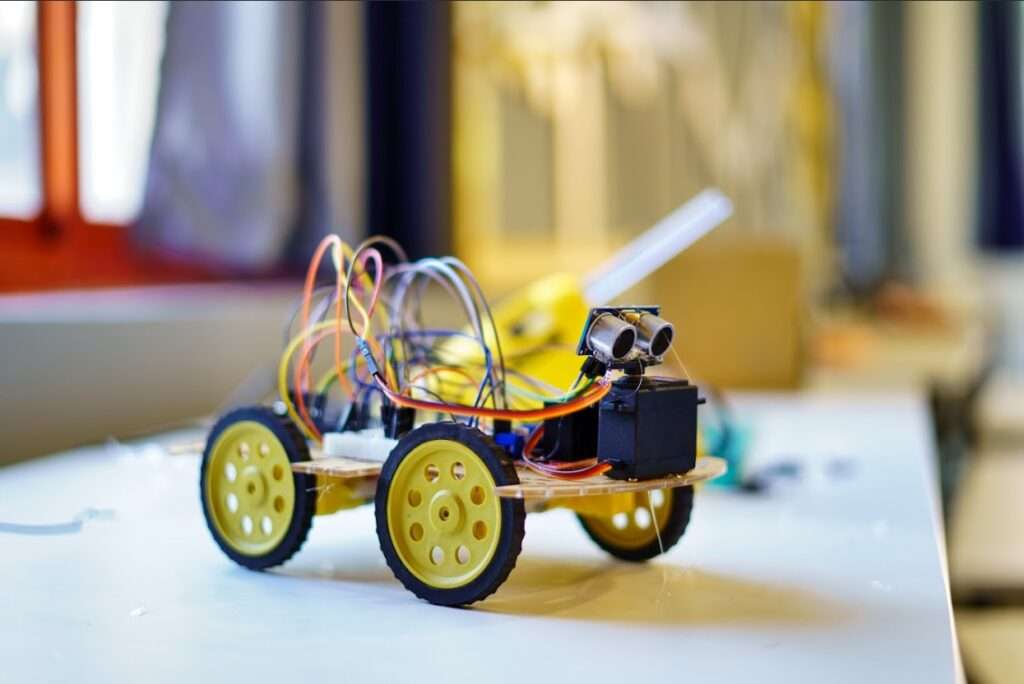Integrating Arduino Kits into STEM Curricula: A Comprehensive Guide for Educators
Top Arduino Guide: Transform Schools’ STEM Learning
Arduino Kits have revolutionised the way schools approach STEM education, transforming traditional classrooms into dynamic learning environments where students actively engage with technology. Understanding Arduino has become essential for educators seeking to prepare students for our increasingly digital world. These powerful microcontroller platforms offer schools an affordable yet comprehensive solution for hands-on learning experiences that bridge the gap between theoretical concepts and practical applications.
The integration of Arduino Kit into educational settings represents more than just another teaching tool – it’s a paradigm shift toward experiential learning that resonates with today’s tech-savvy students. Schools across the globe have discovered that Understanding Arduino fundamentals opens doors to countless educational opportunities, from basic programming concepts to advanced engineering projects. Arduino starter kit implementations have proven particularly effective in capturing student interest while simultaneously addressing multiple STEM learning objectives.
What makes Arduino particularly valuable for educational institutions is their versatility and scalability. Whether working with elementary students learning basic circuits or high school students developing complex robotics projects, Arduino starter kit solutions adapt to various skill levels and learning objectives. This flexibility ensures that schools can maximise their investment while providing students with progressively challenging experiences that grow with their capabilities and confidence in technology-based problem-solving.
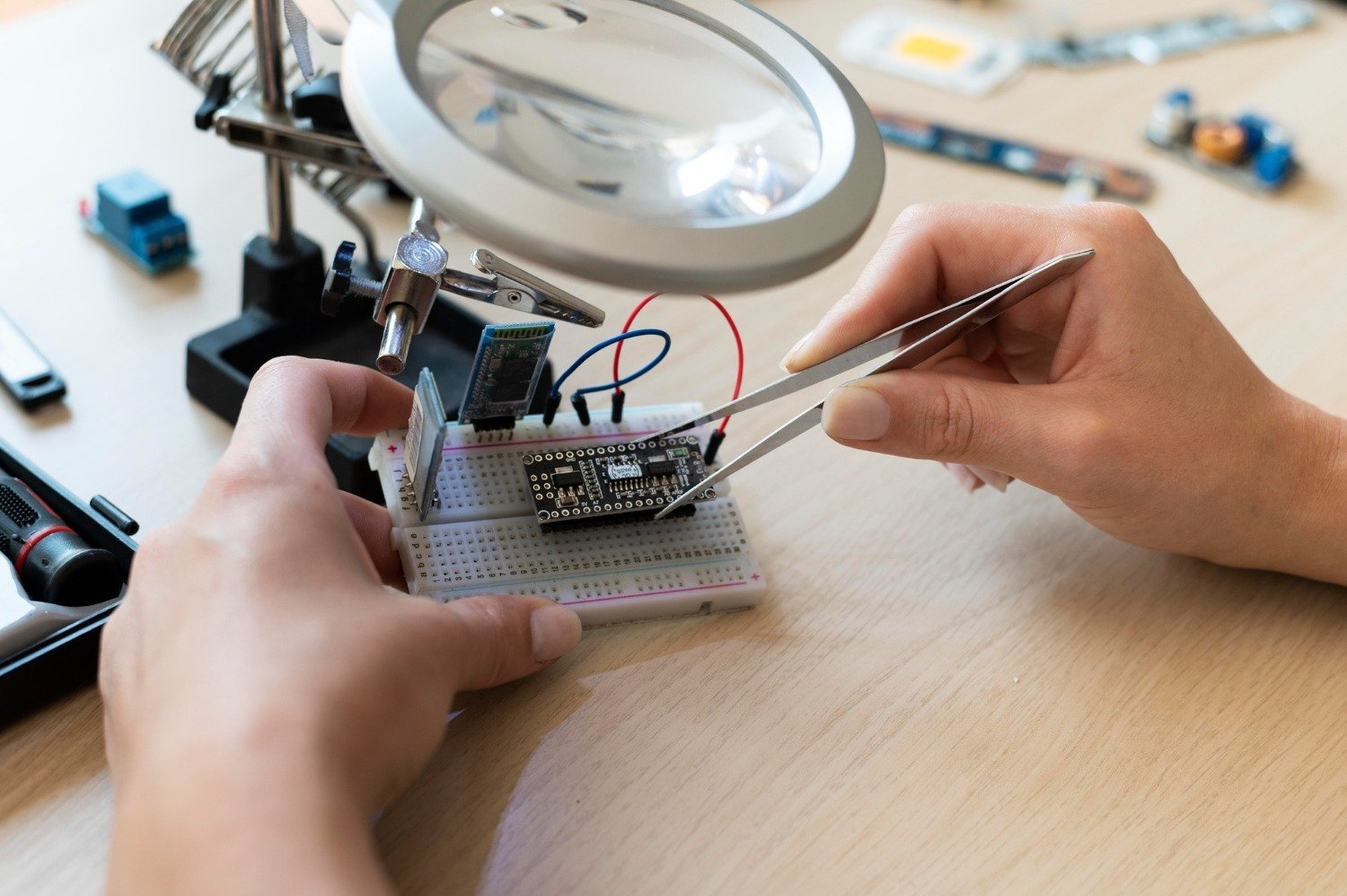
What are Arduino coding tutorials?
Beginner Arduino projects are comprehensive educational packages that include microcontroller boards, sensors, actuators, and components necessary for creating interactive electronic projects. Understanding Arduino begins with recognising these kits as complete learning ecosystems designed to make electronics and programming accessible to learners of all ages. Each Arduino starter kit typically contains the essential Arduino board, breadboards, jumper wires, resistors, LEDs, sensors, and detailed instruction manuals that guide users through fundamental concepts.
The beauty of Arduino lies in its open-source nature, which means schools can access extensive online resources, communities, and project libraries without additional licensing fees. Arduino Kit Projects range from simple Arduino LED projects to sophisticated environmental monitoring systems, providing educators with endless possibilities for engaging the classroom. These projects help students develop Make Code Arcade critical thinking skills while simultaneously learning programming, electronics, and engineering principles through hands-on experimentation.
Setting Up for Success in Your School
Setting up for Success with Arduino IoT kit requires strategic planning and preparation that extends beyond simply purchasing equipment. Schools must consider factors such as teacher training, classroom infrastructure, and student safety protocols when implementing Arduino starter kit programs. Effective Setting Up for Success involves creating dedicated maker spaces or adapting existing computer labs to accommodate hands-on electronics work.
Professional development for educators forms the cornerstone of successful Arduino implementation. Teachers need a comprehensive Understanding of Arduino training that covers both technical skills and pedagogical approaches for integrating these tools into existing curricula. Setting Up for Success also means establishing partnerships with local tech professionals or universities who can provide ongoing support and mentorship opportunities for both teachers and students.
Infrastructure considerations include ensuring adequate power outlets, proper storage solutions for Arduino learning kit components, and establishing protocols for equipment maintenance and inventory management. Setting Up for Success requires schools to invest in organisational systems that keep Arduino starter kit components accessible while minimising loss or damage. This systematic approach ensures that Arduino Kit Projects can be executed smoothly throughout the academic year.
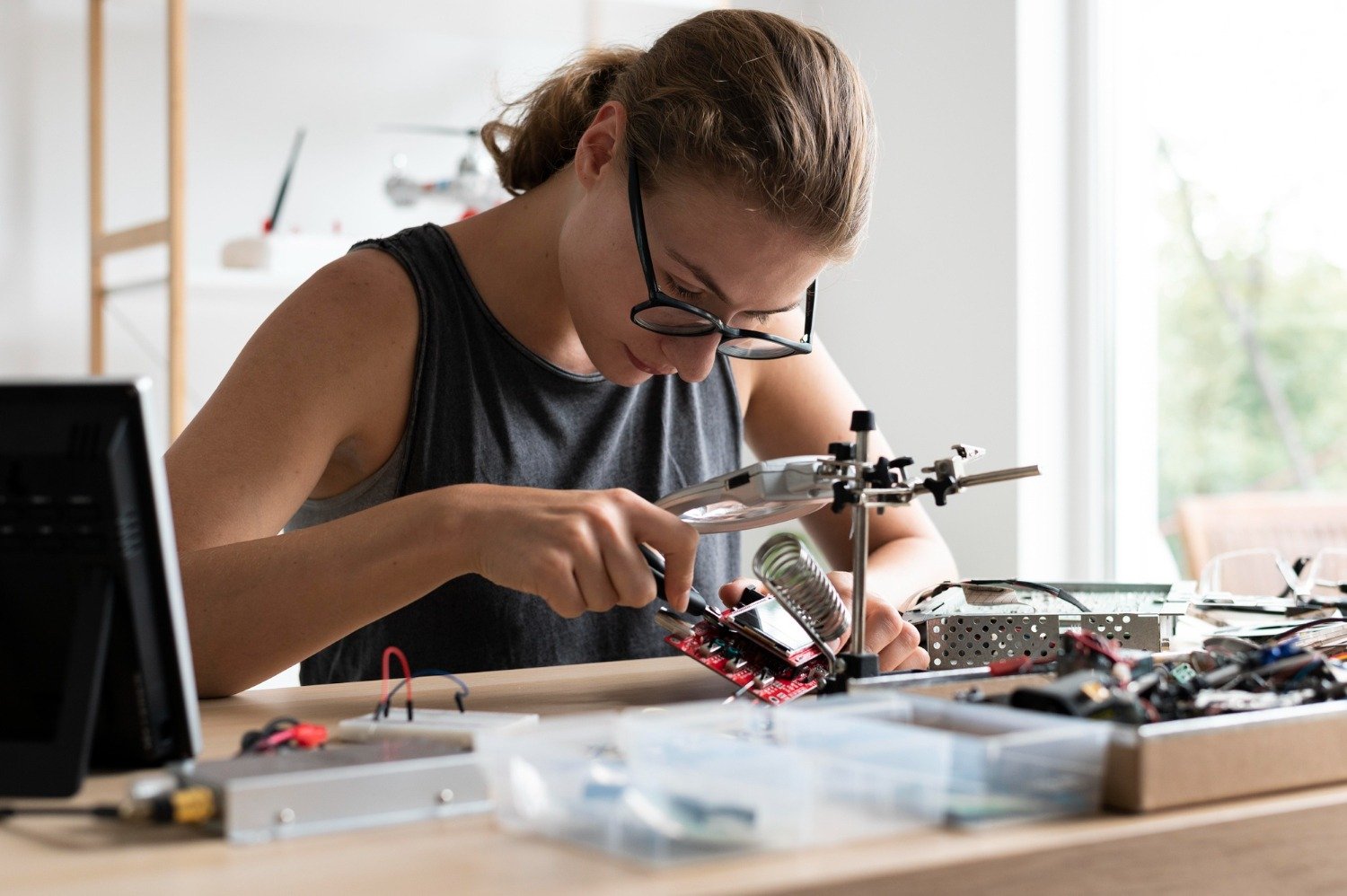
Curriculum Integration Strategies
Curriculum Integration Strategies for Arduino robotics kit must align with existing educational standards while enhancing learning outcomes across multiple subjects. Effective Curriculum Integration Strategies connect Arduino starter kit activities to mathematics, science, engineering, and even art curricula, creating interdisciplinary learning experiences that reflect real-world problem-solving approaches.
Successful Curriculum Integration Strategies begin with mapping Arduino Kit Projects to specific learning objectives and assessment criteria. Educators can integrate Understanding Arduino concepts into physics lessons through circuit analysis, mathematics through data collection and graphing, and computer science through programming challenges. These Curriculum Integration Strategies ensure that the Arduino robotics kit serve educational goals rather than becoming isolated technology activities.
Progressive Curriculum Integration Strategies scaffold learning experiences, starting with basic Arduino starter kit projects and advancing to complex, multi-week engineering challenges. This approach allows students to build confidence and competency gradually while maintaining engagement through increasingly sophisticated Arduino Kit Projects that demonstrate real-world applications and career connections.
Lesson Planning with Arduino
Lesson Planning with Arduino requires careful consideration of learning objectives, time constraints, and student skill levels. Effective Lesson Planning with Arduino breaks complex concepts into manageable segments while maintaining the excitement and discovery that make the Arduino breadboard kit so engaging for students. Teachers must balance structured instruction with open-ended exploration time that allows students to experiment and troubleshoot independently.
Comprehensive Lesson Planning with Arduino includes pre-activity preparation, step-by-step project guides, and post-activity reflection opportunities. Arduino starter kit lessons should incorporate both individual and collaborative elements, encouraging peer learning while ensuring each student develops a personal Understanding of Arduino competencies. Successful Lesson Planning with Arduino also includes assessment strategies that evaluate both technical skills and problem-solving processes.
Flexible Lesson Planning with Arduino accommodates different learning styles and paces, providing extension activities for advanced students while offering additional support for those needing extra guidance. This differentiated approach ensures that Arduino Kit Projects remain accessible and challenging for all learners, maximising the educational impact of these powerful tools.
Advancing Skills with Arduino
Advancing Skills with Arduino involves creating pathways for students to progress from a basic Understanding of Arduino concepts to sophisticated engineering applications. Schools can develop multi-year sequences that allow students to build expertise gradually, starting with fundamental Arduino starter kit projects and progressing to independent research and design challenges.
Advanced Arduino Kit Projects might include environmental monitoring systems, robotics competitions, or community service applications that demonstrate real-world problem-solving capabilities. Advancing Skills with Arduino also involves connecting classroom learning to external opportunities such as science fairs, maker competitions, or internship programs with local technology companies.
Effective programs for Advancing Skills with Arduino include mentorship opportunities, peer teaching components, and showcase events where students can demonstrate their projects and learning. These experiences help students develop confidence, communication skills, and technical expertise that prepare them for future STEM careers while maintaining the hands-on, experimental approach that makes Arduino-compatible modules so effective.
Case Studies and Success Stories
Case Studies and Success Stories from schools implementing Arduino sensors demonstrate the transformative power of hands-on STEM education. One notable example involves a middle school that integrated Arduino starter kit projects into their science curriculum, resulting in significantly improved student engagement and standardised test scores in both mathematics and science subjects.
These Case Studies and Success Stories highlight how understanding Arduino concepts helped students develop problem-solving skills that transferred to other academic areas. Students reported increased confidence in tackling complex challenges and greater interest in pursuing STEM career paths after experiencing success with Arduino Kit Projects.
Additional Case Studies and Success Stories showcase schools that used the Arduino starter kit to address local community challenges, such as developing air quality monitors or designing assistive technologies for elderly residents. These projects demonstrate how Arduino starter kit implementations can connect classroom learning to meaningful real-world applications while building students’ sense of civic responsibility and technical competence.
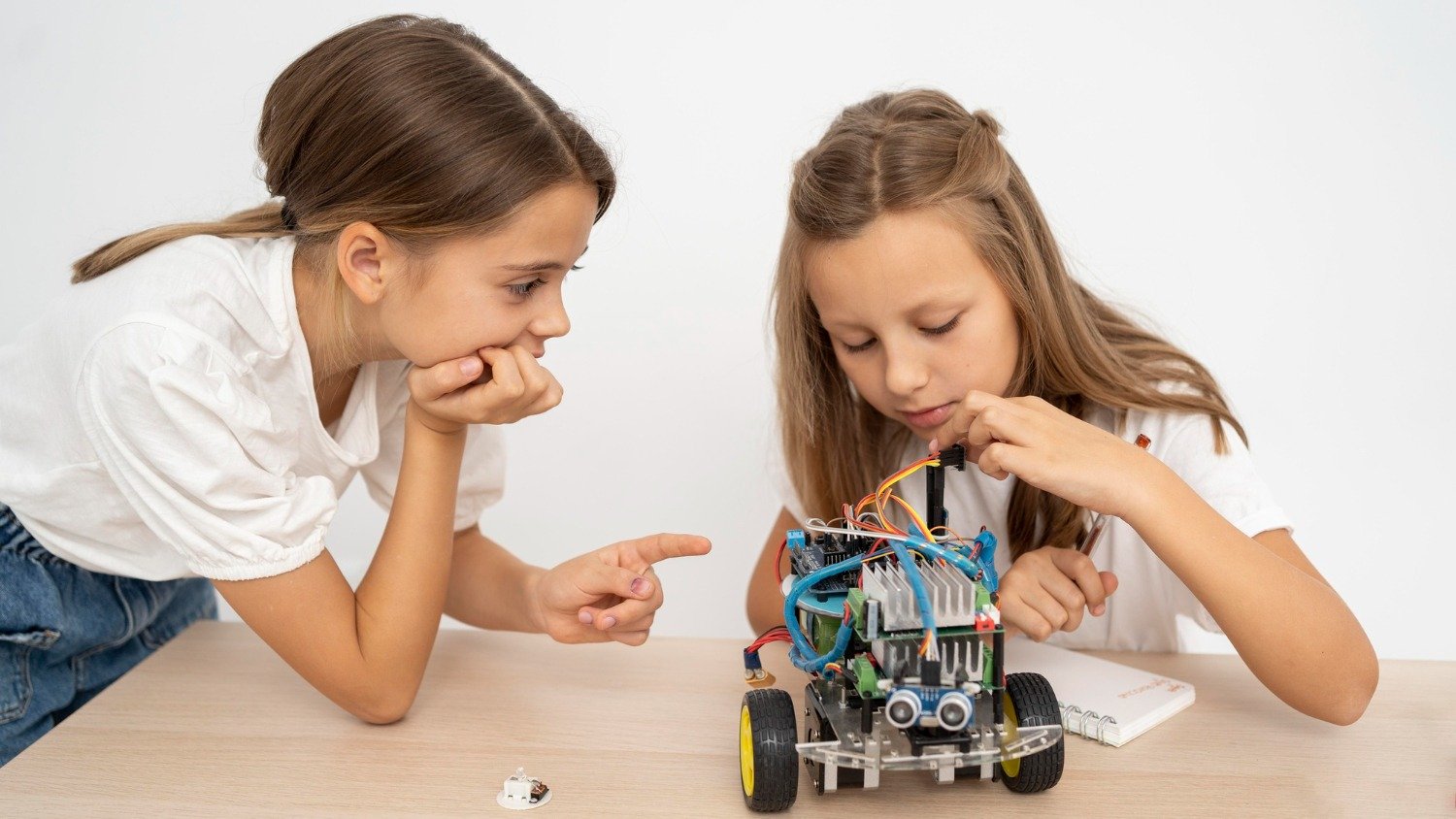
Conclusion
Arduino represents a powerful catalyst for transforming STEM education in schools, offering educators proven tools for engaging students in authentic, hands-on learning experiences. The integration of Arduino starter kit programs requires thoughtful planning and commitment, but the educational benefits – increased student engagement, improved problem-solving skills, and enhanced technical literacy – make this investment invaluable for preparing students for our technology-driven future.
Success with Arduino Kit Projects depends on comprehensive teacher preparation, strategic curriculum integration, and ongoing support systems that sustain long-term implementation. Schools that embrace these innovative tools while addressing the foundational elements of successful STEM education create learning environments where students thrive, explore, and develop the skills necessary for tomorrow’s careers.
Ready to transform your school’s STEM program with Arduino coding tutorials? Book your free trial class today and discover how Understanding Arduino can revolutionise your students’ learning experience!

